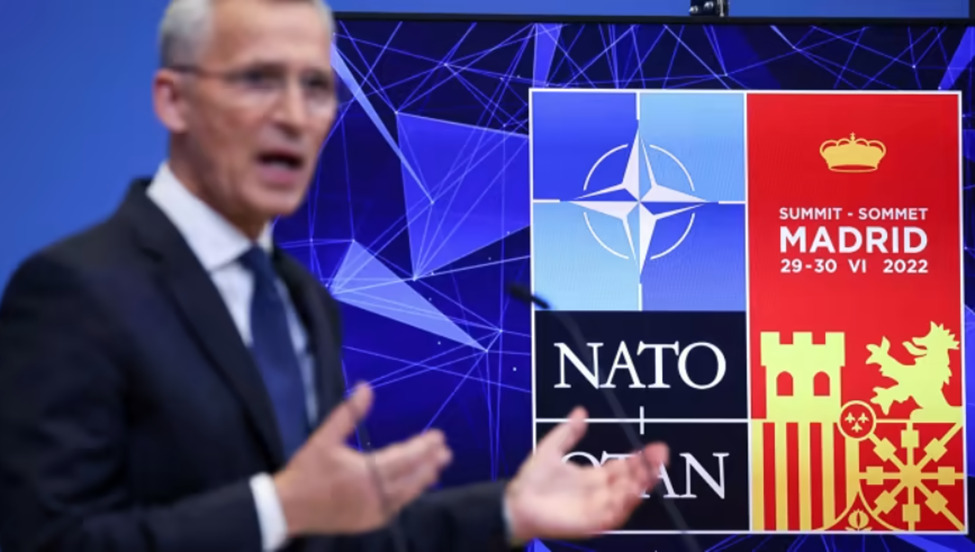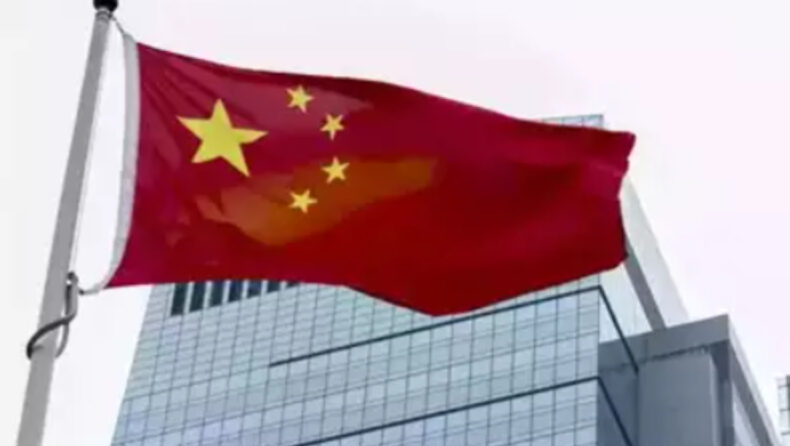China responded fiercely to NATO’s allegations that it poses a threat to the organization’s interests and security.
The country strongly objected to any endeavor by the military alliance to extend its presence into the Asia-Pacific region as well.
During a two-day summit held in the Lithuanian capital of Vilnius, NATO released a strongly worded statement on Tuesday (Jul 11), asserting that the People’s Republic of China (PRC) undermines the organization’s interests, security, and values through its “ambitions and coercive policies.”

Country’s employment of a wide array of political, economic, and military tactics to expand its global influence and assert power, all while maintaining a lack of transparency regarding its strategy, intentions, and military buildup, was highlighted by NATO heads of state in their communique.
The People’s Republic of China (PRC) utilizes malicious hybrid and cyber operations, along with confrontational rhetoric and disinformation, with the aim of targeting Allies and undermining Alliance security.
In a statement issued on Tuesday, the Chinese mission to Europe criticized the China-related content of the communique, highlighting that it overlooks fundamental facts, misrepresents the country’s stance and policies, and intentionally undermines the credibility of China.
During the summit, NATO Secretary General Jens Stoltenberg informed reporters that although China is not classified as a NATO “adversary,” its “coercive behavior” is posing an increasingly significant challenge to the rules-based international order.
NATO Secretary General expressed that China’s actions are progressively undermining the rules-based international order by failing to condemn Russia’s aggression against Ukraine, posing threats to Taiwan, and engaging in a substantial military expansion.
Despite the presence of several Asia-Pacific leaders at the two-day summit, NATO’s communique did not address the issue of Taiwan.
Japanese Prime Minister Fumio Kishida, participating for the second time, sought to draw attention to the risks in East Asia, reminding the military alliance of their importance. Meanwhile, South Korean President Yoon Suk-yeol emphasized the need for enhanced international security cooperation in light of increasing threats from North Korea and tensions related to China.
Despite NATO’s plans to establish its first office in Asia, specifically in Tokyo, to facilitate regional consultations, Japanese Prime Minister Kishida stated in May that Japan had no intentions of becoming a NATO member.
China’s response from authorities
In its statement, the Chinese mission expressed strong opposition to NATO’s “eastward movement into the Asia-Pacific region” and cautioned that any actions jeopardizing Beijing’s rights would be met with a firm and determined response.
The statement also asserted that any action that endangers the country’s legitimate rights and interests will be met with a firm and unwavering response.
The communique highlighted that China’s ambitions involve exerting control over crucial technological and industrial sectors, critical infrastructure, as well as strategic materials and supply chains. Furthermore, NATO pointed out that China utilizes its economic leverage to establish strategic dependencies and expand its influence.
According to the statement released by the Chinese mission, China strongly opposes NATO’s attempts to expand its presence towards the Asia-Pacific region. Furthermore, they caution that any action that poses a threat to Beijing’s rights will be met with a firm and resolute response.













